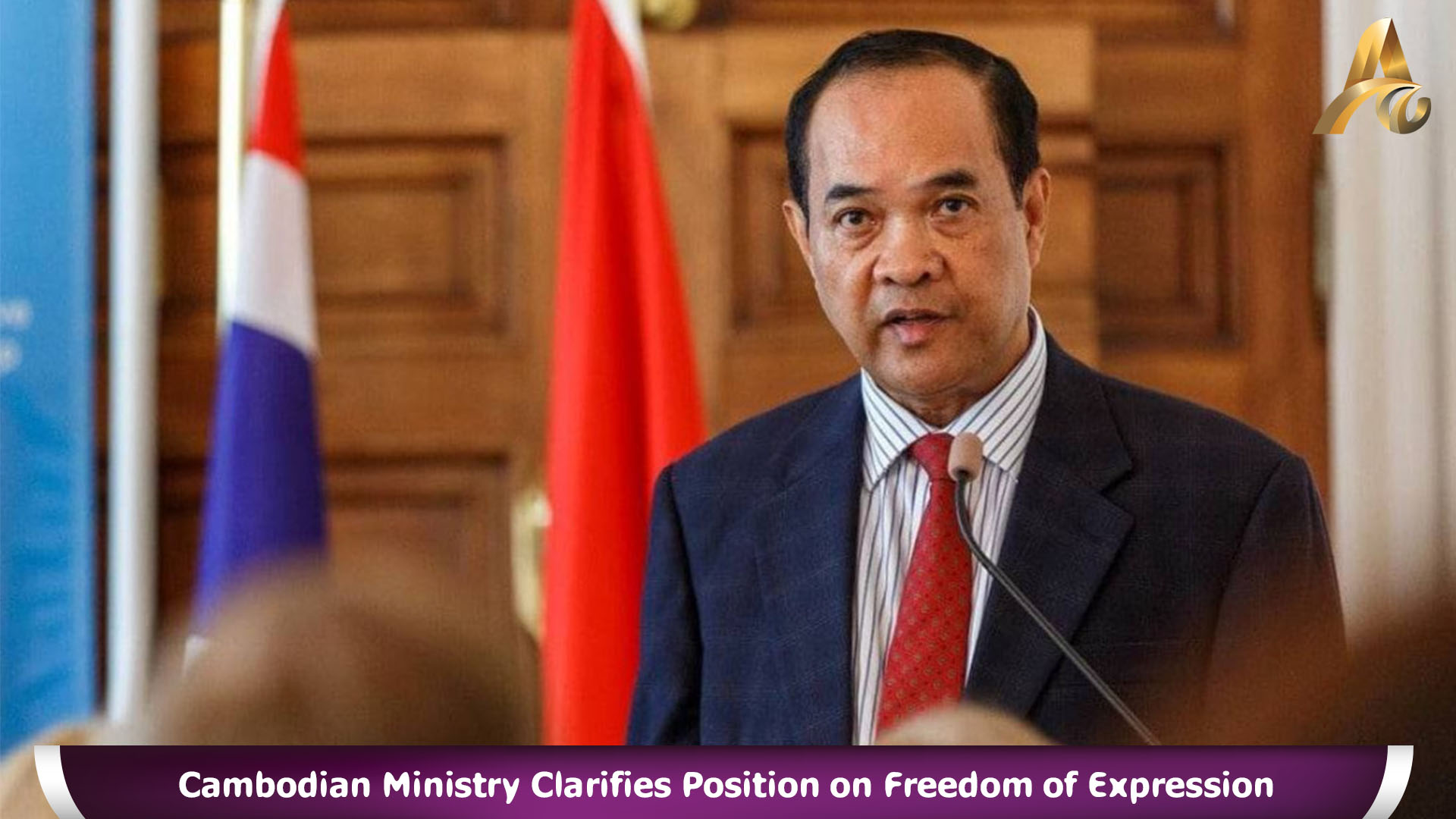Phnom Penh: The Cambodian Ministry of Foreign Affairs and International Cooperation has issued a statement addressing issues surrounding freedom of expression during the recent visit of the Prime Minister to Malaysia.
The statement, issued on February 26 by the ministry's spokesperson, underlines the importance of contextualizing freedom of expression within its legal confines. It pointed out that recent discussions on the topic have often neglected this crucial aspect, leading to a misunderstanding of the principle's application.
A significant portion of the clarification was dedicated to advising on how freedom of expression should be practiced, particularly in the context of international relations. It stressed the principle of non-interference in the internal affairs of countries, a cornerstone of the Association of Southeast Asian Nations (ASEAN) enshrined in its Charter.
Furthermore, the ministry highlighted the responsibilities of a host country during official visits. It stated that the host nation is obligated to ensure the dignity, security, and safety of their visitors, including taking necessary measures to facilitate a smooth visit.
The clarification also made it clear that freedom of expression, while encouraged, must be exercised with legal responsibility. This includes foreigners and diplomats with immunity, who are expected to abide by the laws of their own countries or the laws of the country where they are expressing their views.
This statement serves as a reminder of the delicate balance between upholding freedom of expression and respecting the legal and diplomatic norms that govern international relations.






















